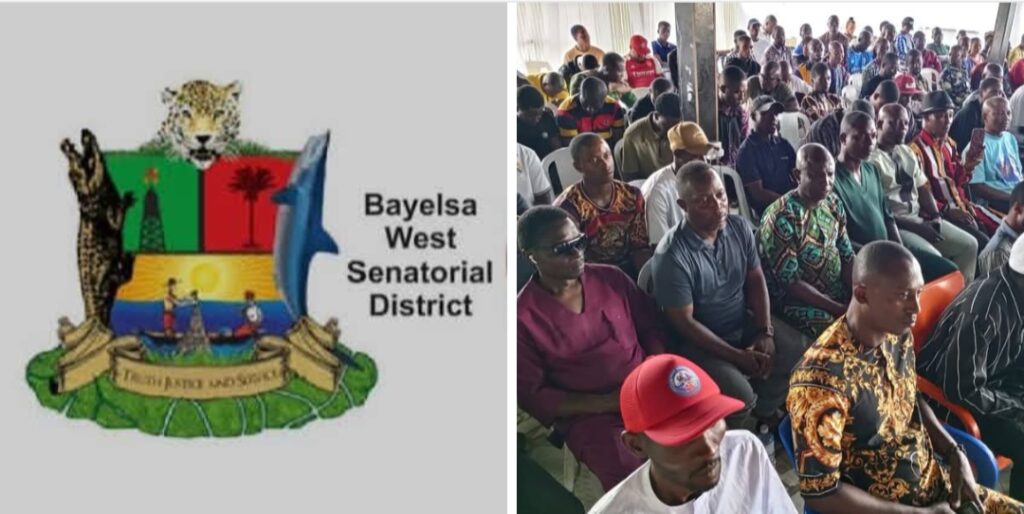Stakeholders from across Ekeremor LGA have issued a forceful critique of entrenched political practices in the Local Government Area, condemning what they describe as exclusionary leadership by local political elites.
The interest of ordinary citizens of the LGA, not sectional or family interests, must become the priority.
In an address to community leaders and residents from EKELGA, it was asserted that only a select number of wards in the LGA have repeatedly benefited from political appointments, development funds, and representation leaving other wards chronically sidelined.
What had once been dismissed as coincidence is now seen by many as willful marginalization rooted in the wards’ lack of voting leverage, grievances stretch back decades.
Many of the affected wards, stakeholders claim, they have never held elective office, be it at the local government, state or federal level since the origin of the LGA. The exclusion, they argue, is symptomatic of a political culture that privileges familial or sectional loyalties over merit, fairness, and broad representation.
In light of this, stakeholders, community leaders and all are now rallying behind the political brand espoused by Senator Henry Seriake Dickson, viewing his style of politics as more inclusive and people‐centred.
They see in his leadership an alternative: one that breaks away from the “inorganic followership” and narrow group allegiances that have long grouped power in few hands.
A key criticism was that the current class of local leaders lack meaningful mentorship structures, stifling leadership development and creating a vacuum of succession.
Without nurturing new leaders from all wards, the stakeholder group warns, progress will remain unequal and short‐lived.
Though they express no enmity toward their neighbors, they emphasised these “others” are “brothers and sisters” their objection is to a political model that excludes. “It is not that we hate our own, what we detest is their non‐inclusive political brand which is tearing us all apart,” said one speaker. They argued that while many decry marginalisation of the Ijaw nation at the national level, there is hypocrisy in how some communities in Ijaw land practise the same exclusion among themselves.
The stakeholders called for Respect for rotational arrangements that ensure wards rotate in political representation, a leadership style centered on constituents’ needs rather than narrow allegiances,
Political mentorship and development of young, emerging leaders across all wards, and a shift from politics as family or sectional entitlement, to politics as service and inclusion.
If these demands are heeded, the group believes Ekeremor could reverse decades of imbalance. If not, they warn, disenchantment may grow, and divisions deepen, eroding trust at the community level.
Abel, Oweikorogha Esq.
Ekeremor, Bayelsa State



